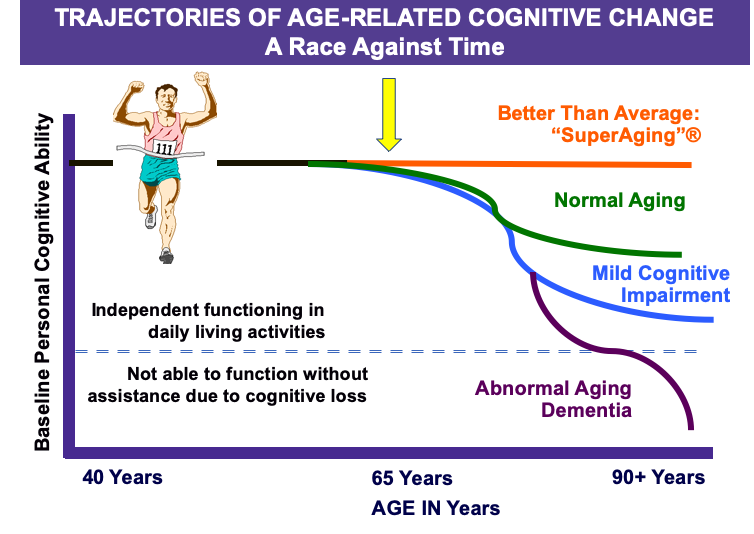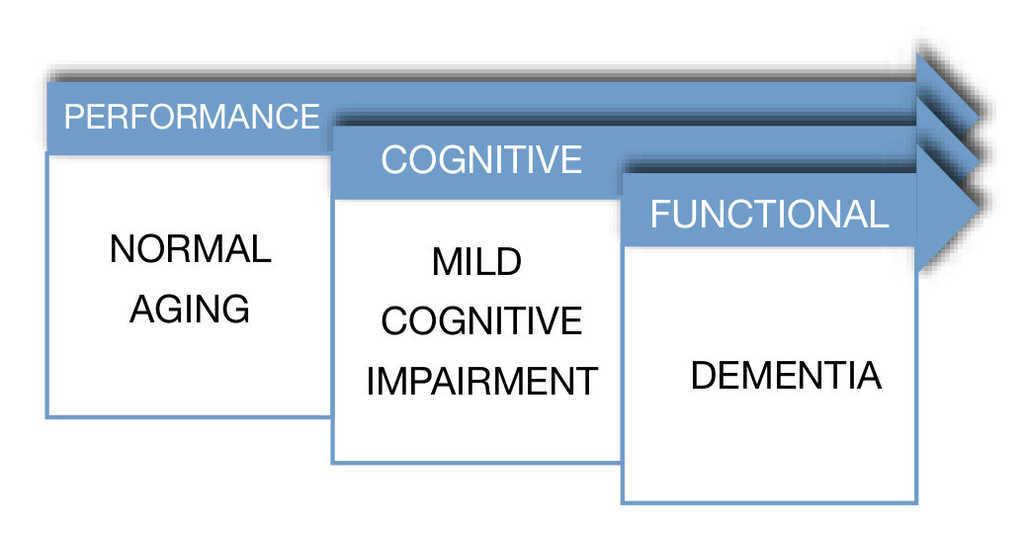
Mild cognitive disability (MCI), also known as minor Alzheimer's disease (AD), affects a slight yet noticeable change in cognitive skills, including mental processing and memory. A person suffering from MCI is at an elevated risk of developing dementia or other neuropsychological conditions. Mild memory loss is most commonly seen in people over the age of 65, but it can also occur in younger people.
In general mild cognitive loss does not interfere with daily activities, but it does cause subtle changes in the brain. Mild memory loss that occurs due to MCI may include hallucinations and changes in perception, which can be difficult to distinguish from normal everyday experiences.
When people with MCI are diagnosed with dementia, they are often told that there is no cure for mild memory loss. However, with the right type of care, patients may improve their chances of recovering from MCI and enjoying a happy and healthy life.
There are four stages of MCI. The first stage of cognitive decline is referred to as prodromal. People with this stage are unaware of their MCI status and are not expected to experience any major cognitive problems. They may, however, experience difficulties performing simple tasks.
The second stage of MCI involves progressive decline of memory loss, but is generally not noticed by most individuals. People suffering from MCI may experience problems with memory, especially when recalling events from their childhood.
Dementia is a disease that progressively erodes the brain power of an individual. As the disease progresses, the ability of patients to recall events from their past gradually decreases, and they will experience problems with language, judgment, reasoning, and language acquisition. People with MCI may also experience a series of behavioral and emotional problems, such as decreased concentration, irritability, and aggression. These symptoms often develop over time.

There are a variety of treatments available for people with MCI who suffer from dementia
Some doctors will recommend medications, cognitive-behavioral therapy, or electroconvulsive therapy (ECT). while other patients may receive therapy that focuses on educating patients on stress reduction, self-awareness, or meditation.
Cognitive behavioral therapy allows patients to learn new ways to manage their anxiety and improve their memory and concentration, while also helping them learn how to cope with stress. cognitive stress. ECT is an invasive procedure that helps patients overcome the cognitive effects of dementia by delivering high voltage electric shock to the brain.
Cognitive therapy aims to teach people with MCI how to think logically instead of acting on hunches, and helps them learn how to change their behavior. Patients with this condition are often taught how to avoid common mental illnesses, such as depression, or even substance abuse, in order to reduce the impact of their illness.
Behavioral therapy is designed to help patients who are experiencing a range of emotions and are having difficulty communicating with others. These patients are often prescribed medication, such as anti-anxiety medications, to help them express their feelings. and improve communication with others.
Cognitive behavioral therapy can also be used to help individuals suffering from MCI and dementia understand the benefits and dangers of alcohol and drug use. and drugs.
People with MCI may also benefit from occupational or physical therapy. These activities may include but are not limited to, taking small doses of cognitive behavioral therapy and occupational therapy.
Because MCI can progress without warning, people diagnosed with the disease may begin to exhibit symptoms of dementia after three or more years of age. While the majority of people diagnosed with this condition experience no significant decline in cognitive function, there may be a few patients who do experience some decline.
Leave a Reply